五月份 18-24 is the week that we celebrate Oregon Invasive Weed Awareness Week!
This is the one week of the year to reflect on the invasive weeds impacting Oregon and for us to begin taking steps to combat these aggressive and harmful invaders. This year we want you to join others across Oregon in learning more about invasive weeds.
什么是入侵性杂草?
When many people think of “weeds” they conjure images of a common yard or garden pest like dandelions. While these weeds may be bothersome in home landscapes, their overall impact is minimal. These weeds are best described as “opportunistic” in that they spread only into areas that have been disturbed or artificially maintained. More troubling are those plants that are characterized as “invasive weeds”.
Invasive weeds are plants that live outside their historic geographical range, and whose aggressive growth has a detrimental effect on our social, economic, or ecological resources. The three key components of invasive weeds are they:
- Do not historically occur in our area, but have been brought in either intentionally or unintentionally through human action.
- Exhibit aggressive growth which displaces native or desirable vegetation, and will continue to spread unless actively managed.
- Have a negative impact on our community.
你为什么要关心?
Invasive weeds negatively impact us in a variety of ways. Invasive weeds are known to…
- 取代本地植被
- 降低作物产量
- 伤害鱼类和野生动物
- 对人类健康产生不利影响
- 损坏财产和基础设施
- 减少牲畜和野生动物的饲料
- 降低财产价值
- 增加侵蚀
- 降低水质和水量
- 限制土地使用
- 破坏生态过程
通过防止这些入侵杂草蔓延并积极控制已知的侵扰,我们可以将其影响降至最低。
种植前了解它
入侵杂草传播的主要途径之一是无意中被园丁和房主引入。 许多入侵杂草最初是通过园艺贸易引入的,部分原因是它们耐寒且易于种植。不幸的是,植物的许多特性也会使其成为入侵性植物。 因此,在种植之前了解它是非常重要的。
在院子里引进新植物之前,请花点时间对植物进行自我了解。 对植物进行研究,了解其生长要求,并确定其是否具有入侵性。 如果是入侵性植物,就不要继续传播。 取而代之的是,选择一种非入侵性的替代植物,既能给你的院子带来同样的美感,又不会成为问题。 指南如 俄勒冈园艺智慧和 西部花园智慧等指南可帮助您为院子选择非入侵性植物。
10 ways you can celebrate Oregon Invasive Weed Awareness Week!
- Learn more about invasive weeds in our area. Check out the WeedWise program’s weed list. Learn to recognize some of our common invaders and keep an eye out for signs of new ones. Walk around your property or neighborhood and learn about the invasive plants growing all around you. Finding an infestation early on is crucial to stopping its spread!
- Join the effort. Oregon Invasive Weed Awareness Week is the perfect time to commit yourself to participating in a volunteer weed pull or restoration event in your community. There are many volunteer opportunities occurring across the state, so find one in your neighborhood.
- Become a Weed Watcher. One of the best strategies for combating invasive weeds is to identify new infestations before they have a chance to spread. You can learn how to identify and report new infestations, by attending a remotely held weed watcher training. Check the 4-County Cooperative Weed Management Area web page for upcoming trainings.
- Visit a natural area. Spend an afternoon at a local park, garden, or natural area and familiarize yourself with the flora in your area.
- Read a book. There are countless field guides about invasive species. But for a quick introduction, we recommend that you download a free copy of Field Guide to Weeds of the Willamette Valley If you want to get really serious you can download a copy of one of the most influential weed guides ever made, Weeds of the West.
- Consider a donation. Our watershed councils and many local nonprofits are actively working to control invasive weeds. They rely upon grants and donations to support their efforts. Learn more about local organizations working to control invasive weeds and consider donating your time or resources.
- Start a garden. Replace your invasive landscape plants with native alternatives. Our partners at the Backyard Habitat Certification Program have resources available to help you manage your home landscape for invasive weeds, and plant hardy native plants to benefit wildlife in our area.
- Help make policy. Oregon Invasive Weed Awareness Week is the perfect time to share your thoughts with policymakers. Write a letter to your local lawmakers. Express your opinions and concerns about the impact of invasive weeds on our communities and natural resources.
- Pledge to give invasive weeds the brush off! One of the primary ways that invasive weeds spread is through dirty boots and equipment. Join others in pledging to clean boots, shoes, and tires before and after recreating in an area.
- Spread awareness. Tell your friends, family, neighbors, and others about invasive weeds. Pick at least three people to talk to this week to raise awareness about invasive weeds. Encourage them to get involved with Oregon Invasive Weed Awareness Week in their own way!
Enjoy Oregon Invasive Weed Awareness Week and thanks for helping to spread the word and not the weeds!




